Travel Management Software Size
Travel Management Software Market Growth Projections and Opportunities
The landscape and direction of the travel management software (TMS) industry are shaped by a multitude of variables. In this regard, the dynamic nature of the international tourism sector is a key motivator. The need for effective travel management systems is growing in line with the global expansion of enterprises. Advanced software is required to simplify procedures due to the growing complexity of travel arrangements, visa restrictions, and varied cultural subtleties. There is a growing demand for TMS to help employees with their travel plans, since the trend of remote work has increased corporate travel.
The travel management software industry is also quite sensitive to the ever-increasing rate of technological development. Advancements in artificial intelligence, machine learning, data analytics, and more sophisticated and data-driven solutions are now available from TMS providers. With the help of these innovations, companies may streamline their travel selections, cut expenses, and increase productivity. A key component is the combination of cloud-based systems with mobile applications, enabling customers to access travel information and make bookings while moving. The need for highly sophisticated TMS is rising steadily as more and more companies embrace digital transformation plans. Another important element impacting the TMS market is the competitive environment of the travel sector.
A company's ability to efficiently and effectively manage its travel is becoming increasingly important as it competes for market share and looks for methods to stand out. TMS suppliers who provide complete solutions, configurable features, and top-notch customer service will have a better chance of succeeding in this cutthroat market. Suppliers of TMS also play a role in expanding the industry through their strategic alliances with travel agents and corporate travel departments. Working together broadens the scope of TMS solutions and often leads to more comprehensive and integrated products for consumers. Government rules and compliance standards also influence the travel management software industry. Visa requirements, health and safety standards, and data protection rules are just a few of the many restrictions that the travel sector must adhere to.
TMS that can help companies understand and follow these rules will have a leg up on the competition. The adoption of TMS is also affected by financial and economic issues. To maximize profits, companies always seek better methods to spend money. Gaining momentum in the market is more probable for TMS systems that provide a visible return on investment through increased productivity, decreased costs, or better risk management. Recessions and other economic downturns may affect companies' propensity to invest in TMS. Companies have a higher chance of succeeding if their providers can prove their worth and adjust their pricing strategies to fit inside companies' budgets.
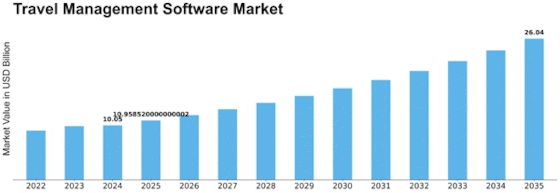


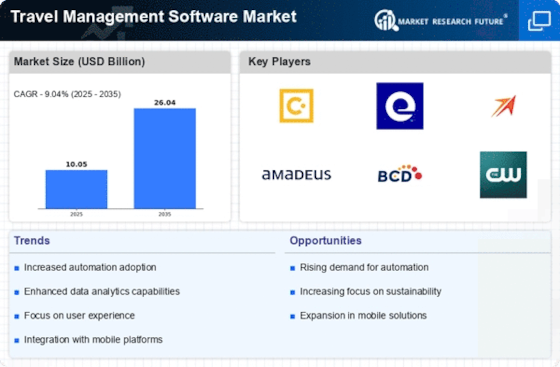
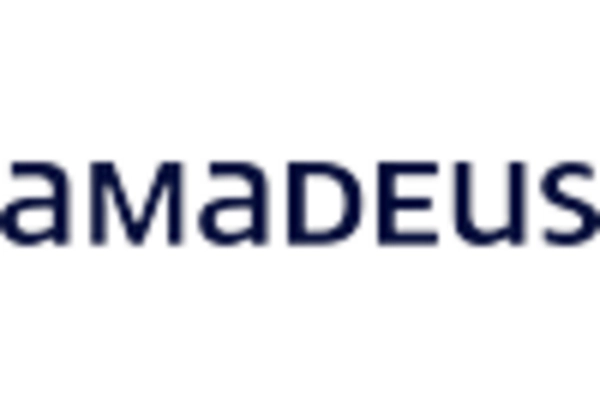
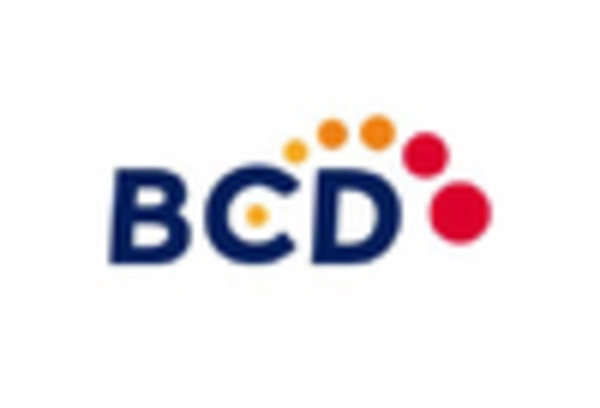

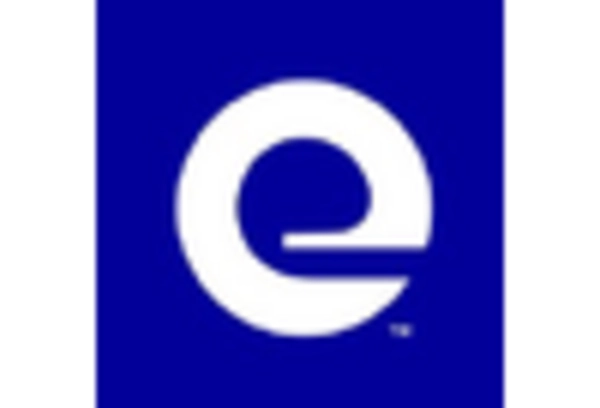

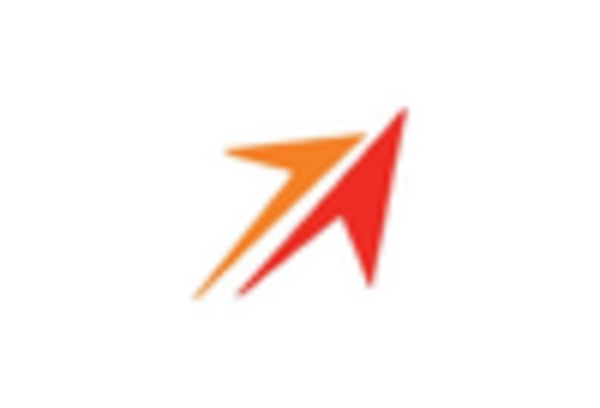










Leave a Comment